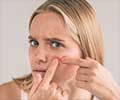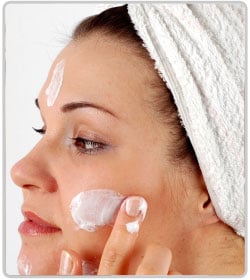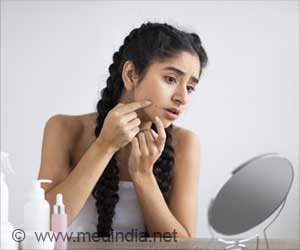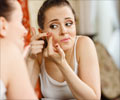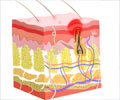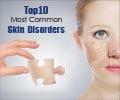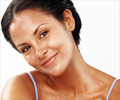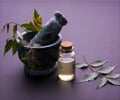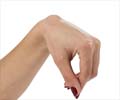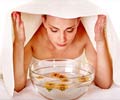Treatment for Acne
Treatment of acne is designed to prevent formation of new lesions and aid the healing of the old.
Acne can be treated with:
- Self skincare regime
- Use of over the counter medications
- Prescription medicines
- Surgical intervention
Skin care-
- Clean your skin gently with a mild, nondrying soap. Avoid scrubbing. Remove all dirt or make-up before sleeping at night. Avoid repeated skin washing. Wash the face once or twice a day.
- Use a clean cloth to dry the face every day to prevent bacterial re-infection.
- Use steam or warm moist compresses to open up clogged pores.
- Use topical astringents to remove excess oil.
- Hair should be shampooed daily, especially oily hair. Ensure that the hair stays away from the face.
- Avoid touching the face. Wash your hands before and after caring for skin lesions to reduce the chance of infection.
- Try not to squeeze, scratch, pick or rub the pimples. This can lead to skin infections and scarring.
- Avoid wearing tight headbands, helmets and caps.
- Avoid oil based cosmetics. Use water-based or ‘noncomedogenic’ formulas.
- Identify and avoid anything that aggravates acne. This may include oily foods, lotions and make-up.
Over-the-counter acne medications:
OTC acne medicines dry up the oil or promote skin peeling. They can be applied directly on the affected part of skin. These medicines may contain:
- Benzoyl peroxide
- Sulfur
- Resorcinol
- Salicylic acid.
Prescription medicines for acne:
Antibiotics are helpful to treat acne in some people. They can be taken orally or applied topically.
- Oral antibiotics- tetracycline, doxycycline, minocycline, erythromycin, trimethoprim, amoxicillin.
- Topical antibiotics- clindamycin, erythromycin, dapsone.
Retinoic acid cream or gel can be used. Isotretinoin can be used for treating cystic acne and scarring.
Minor surgical procedures for acne:
- Photodynamic therapy (laser procedure)
- Chemical skin peeling
- Dermabrasion for removal of scars
- Removal, drainage, or injection of cysts with cortisone


